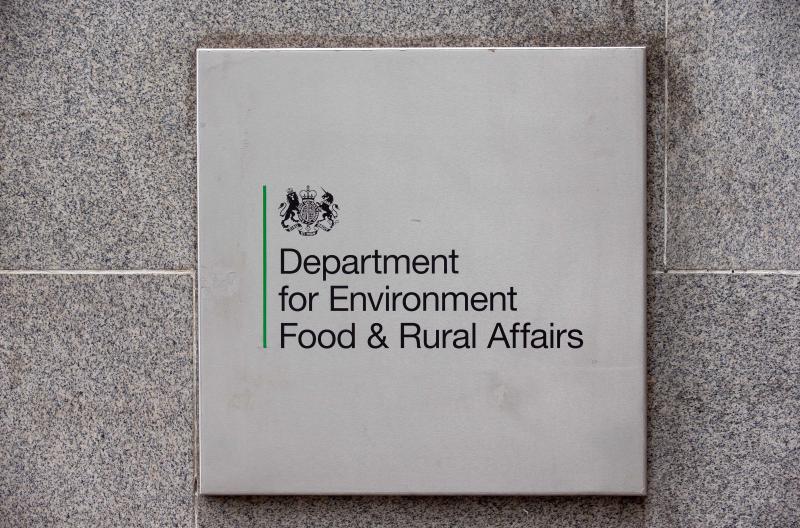
Concerns have been raised over Defra's capability to deliver a growing amount of Brexit-related work, leaving them "struggling".
The Environmental Audit Committee has published a letter from Defra Secrtary Michael Gove to Mary Creagh, Chair of the Environmental Audit Committee.
In the letter, Mr Gove states that the number of Brexit-related work streams at the department is likely to grow from the 43, identified in December 2017 to around 70.
This is once preparations for a no-deal scenario and longer-term work caused by EU exit are brought together.
The letter follows the Spring Statement, which allocated Defra £310m in 2018-19 to prepare for Brexit.
Complex projects
In December 2017 the National Audit Office reported that Defra would need to hire 1,200 new staff by March 2018 to work on 43 Brexit-related work streams.
Mr Gove has also confirmed that Defra ‘has plans’ for all ‘day 1’ projects, though he did not provide any detail as to how many, or what they are.
These work streams cover a range of activities including import control systems and chemicals frameworks.
The letter states that Defra is prioritising complex projects for ‘day 1’ plans, but doesn’t elaborate on which projects are being prioritised or how these plans are being communicated or consulted on with businesses or councils.
'Growing complexity'
Mary Creagh, Chair of the Environmental Audit Committee, said Defra is "struggling" to cope with Brexit.
“This letter is the latest evidence of the growing scale and complexity of leaving the EU, which is the biggest administrative and constitutional task since the Second World War," she said.
“We are concerned by how few of the ‘day 1’ plans have been published and outlined to businesses and investors, who need clarity about our relationship with the EU during the transition and beyond.
“From chemicals to climate change, huge regulatory questions remain unanswered. Defra and its agencies have lost almost 5,000 staff since 2010, leaving them struggling to cope with Brexit
“We have concerns about the Department’s capability to deliver a growing amount of Brexit-related work, and the cost of hiring new staff.”
The letter was written in response to a letter from the Chair on 22nd February 2018, asking for further detail on Defra’s post-EU work streams.
